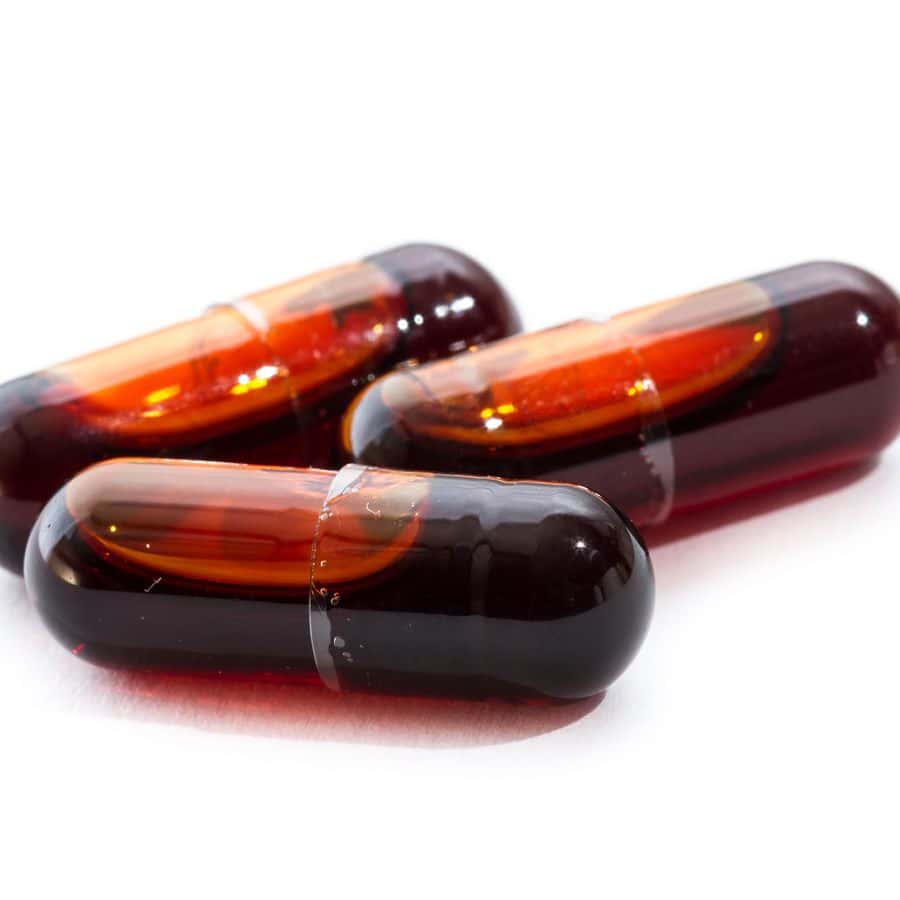
Is there any value in taking supplements? Doctors have been debating this question for years. While many specialties have been extremely skeptical about the value of dietary supplements, ophthalmologists overall have been more receptive. One reader found that an eye doctor’s recommendation on taking krill oil made a big difference.
Does Taking Krill Oil Make Sense?
Q. I have had dry eyes for years and tried all sorts of artificial tear products. When I went for my most recent eye exam, I mentioned this to the doctor. She did some tests in darkness with a direct light. She said my tears were – in my words – more globby, I believe, and therefore not coating the surface of my eye correctly.
As a result, she suggested I take oral krill oil. I purchased a supplement, and guess what? It works! I hardly need to use eye drops at all.
Viscous Tears Don’t Work Well:
A. When the tears become too viscous, as yours had, they may not do the job of protecting the cornea as they should. A study in people with type 2 diabetes and dry eye disorder found that omega-3 fatty acids improve the tear film and help the surface of the eye (Journal of the American College of Nutrition, Jan. 2017).
Krill oil is derived from tiny marine creatures that are a great source of these omega-3 fats. A study in the journal Ophthalmology (Jan. 2017) found that taking krill oil improved patients’ symptoms of dry eye disease. The krill oil appeared to be slightly more effective than fish oil for these study volunteers.
Is Swallowing Fish Oil Less Effective Than Taking Krill Oil?
In contrast, a relatively large clinical trial comparing omega-3 fatty acids from fish oil to placebo found no benefit for dry eye (New England Journal of Medicine, May 3, 2018). In this study, the investigators used olive oil as the placebo. However, in a review published at nearly the same time, Italian ophthalmologists concluded that omega-3 fatty acids such as those found in krill oil could help symptoms of several eye conditions including dry eye (Nutrients, May 24, 2018).
Should you be taking krill oil for your dry eyes? It makes sense to ask your eye doctor if this would be helpful. Also check with your primary care provider and your pharmacist to learn whether omega-3 fatty acids would interact with any of your other medications.
Citations
- Georgakopoulos, CD, et al, "Effect of omega-3 fatty acids dietary supplement on ocular surface and tear film in diabetic patients with dry eye." Journal of the American College of Nutrition, Jan. 2017. DOI: 10.1080/07315724.2016.1170643
- Deinema, LA, et al, "A randomized, double-masked, placebo-controlled clinical trial of two forms of omega-3 supplements for treating dry eye disease." Ophthalmology, Jan. 2017. DOI: 10.1016/j.ophtha.2016.09.023
- Dry Eye Assessment and Management Study Research Group, et al, "n-3 fatty acid supplementation for the treatment of dry eye disease." New England Journal of Medicine, May 3, 2018. DOI: 10.1056/NEJMoa1709691
- Sacca, SC, et al, "The eye, oxidative damage and polyunsaturated fatty acids." Nutrients, May 24, 2018. DOI: 10.3390/nu10060668


